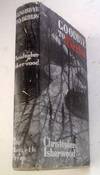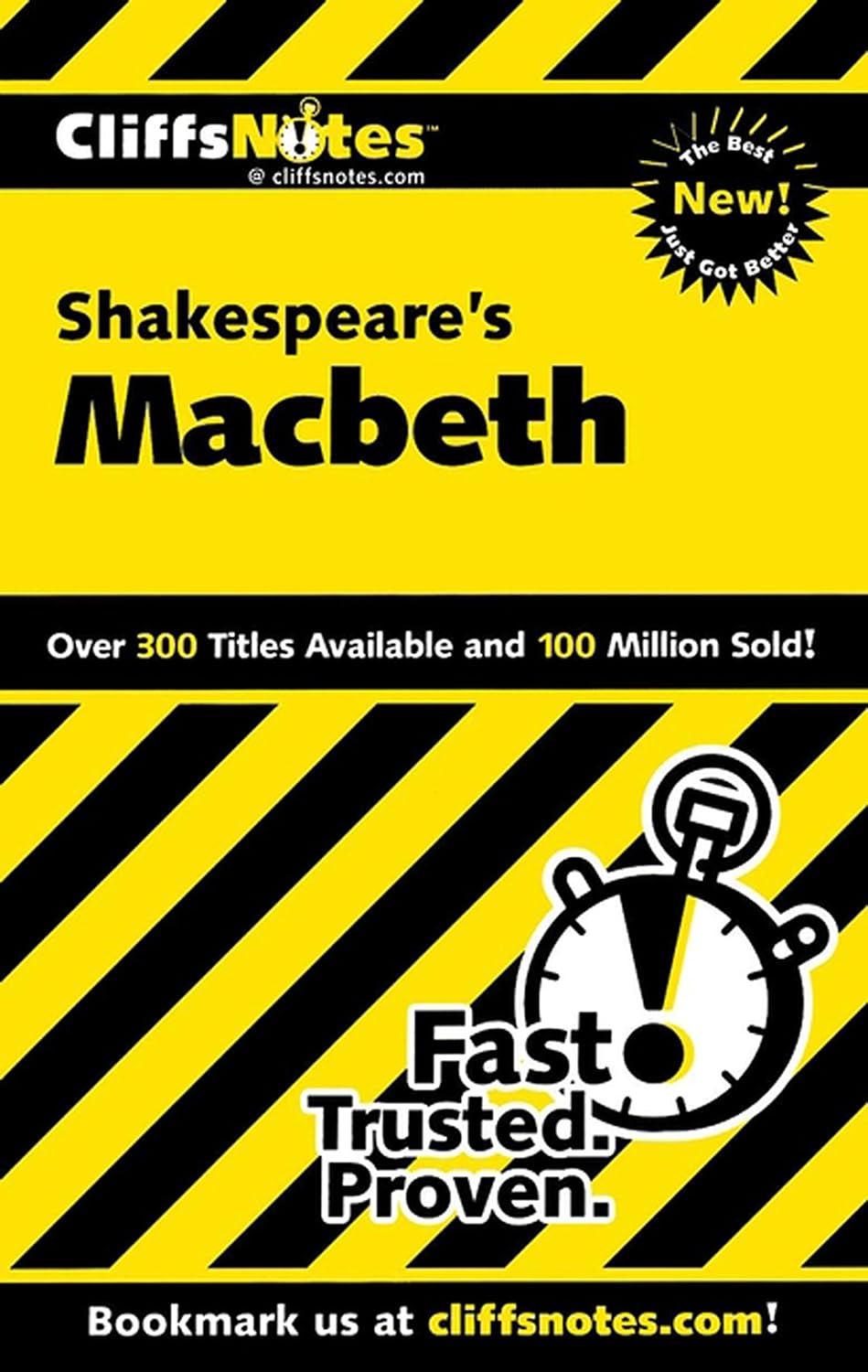Nest In The Wind Second Edition Sparknotes Macbeth
Figures of Speech in MacbethdirectorysearchFigures of Speech in Macbeth From Macbeth. Kenneth Deighton.I. Figures of Resemblance.1.
Similis, like) is a comparison between twothings.' This is the sergeantWho like a good and hardy soldier fought'Gainst my captivity.' Doubtful it stood;As two spent swimmers, that do cling togetherAnd choke their art.' As thick as hail came post with post.' But like a man he died.' Metaphor (Gr. Meta, change; phero, I carry) is a figure ofsubstitution; one thing is put for, or said to be, another.Metaphor is a simile with the words like or as omitted.'

Kind gentlemen, your pains,Are register'd, where every day I turnThe leaf to read them.' 150, 151.Here Macbeth speaks of his memory as a book.' I have boughtGolden opinions from all sorts of people,Which would be worn now in their newest gloss.' 32-34.Here the golden opinions are spoken of as articles of apparel.' Life's but a walking shadow, a poor playerThat struts and frets his hour upon the stage.' They have tied me to a stake.' 1.Macbeth here speaks of himself as a bear ready to bebaited.3.
Personification (Lat. Persona, a mask, a person) is a figurein which lifeless things are spoken of as persons.' My gashes cry for help.' I think our country sinks beneath the yoke;It weeps, it bleeds. Our castle's strengthWill laugh a siege to scorn.' Apostrophe (Gr. Apo, aside; strepho, I turn) is a figure inwhich a person or thing is addressed.
The speaker 'turns aside' from his main theme to address some person or thing.' Come, you spiritsThat tend on mortal thoughts,' etc. Come, thick night,And pall thee in the dunnest smoke of hell,' etc.
Nest In The Wind Quizlet
Come, let me clutch thee.I have thee not, and yet I see thee still,' etc. Hyperbole (Gr. Hyper, over; batto, I throw) is a figure bywhich things are represented as being greater or less than theyreally are. Hyperbole is an exaggerated statement.'
What hands are here? They pluck out mine eyes.Will all great Neptune's ocean wash this bloodClean from my hand? No, this hand will rather.The multitudinous seas incarnadine,Making the green one red.' Thy crown does scar mine eye-balls.' Let us seek out some desolate shade, and there,Weep our sad bosoms empty.' This tyrant, whose sole name blisters our tongues.' Euphemism (Gr.

Eu well; phemi, I speak) is a figure bywhich a harsh or offensive idea is stated in an inoffensive manner.' He that's comingMust be provided for: and you shall putThis night's great business into my despatch.'
64-66.(This is Lady Macbeth's way of speaking of the intendedmurder.)'Is he dispatch'd?' 15.(This is Macbeth's way of speaking of Banquo's murder.)II.
Figures of Contrast.1. Antithesis (Gr. Anti, against; tithemi, I place) is a figure bywhich words or sentences are placed in direct contrast.' So foul and fair a day I have not seen.' Look like the innocent flower.But be the serpent under 't.' False face must hide what the false heart doth know. It cannotBe call'd our mother, but our grave.'
Eiron, a dissembler) is a figure of disguise: it isa mode of expression in which the meaning is contrary to the words.' Was not that nobly done? Ay, and wisely too;For 'twould have angered any heart aliveTo hear the men deny't.'
Vi 14-16.(All the first part of the speech of Lennox — III. 1-20 — is ironical. 'How does my wife?Ross. Why, well.Macd. And all my children?Ross.
Well too.Macd. The tyrant has not batter'd at their peace?Ross. No; they were well at peace when I did leave 'em.' 176-179.Macbeth's speech (III.
40-43) is ironical, but the irony wassoon turned against the speaker.III. Figure of Association.1. Metonymy (Gr.
Meta, change; onoma, a name) is a figurewhich substitutes the name of one thing for the name of another with which it is in some way connected.' That trusted homeMight yet enkindle you unto the crown.' 121.(Here 'the crown' is used for the office it represents, namelythat of king.)'A little water clears us of this deed.' 130.(Here 'deed' is substituted for blood, a result of the deed.)'I drink to the general joy o' the whole table.'
89.(Here 'table' is used for those seated at the table.)Other examples are 'the golden round' for royalty, I. 26; ' steel' for the dagger or sword, III. 24; ' blood' for murderous deeds, III. 136; ' England' for the King of England, IV.iii. Alliteration is the frequent recurrence of the sameinitial letter or sound. The following are a few of the examples to be found in this play:'Where the Norwegian banners flout the skyAnd fan our people cold.' And yet wouldst wrongly win.'
After li fe's fit ful fever he sleeps well.' I am cabin'd, cribb'd, confined.'

To doff their dire distresses.' And so his knell is knoll'd.' 60.How to cite this article:Shakespeare, William. Macbeth: With an Introduction and Notes. Kenneth Deighton. London: Macmillan and Company. Shakespeare Online.
2013.More ResourcesOn Dramatic Irony 'One of the most effective of dramatic devices is the use of 'irony.' The essential idea of 'irony' is double dealing, as when some speech has a double meaning - the obvious one which all perceive - and the cryptic which only certain of the hearers understand. And 'irony' of fate or circumstances is a sort of double dealing by which Destiny substitutes for what we might expect just the opposite, the unexpected, thing.' Verity.More to Explore ©1999-2020 Shakespeare Online. Taurus revolver serial number lookup. All Rights Reserved.